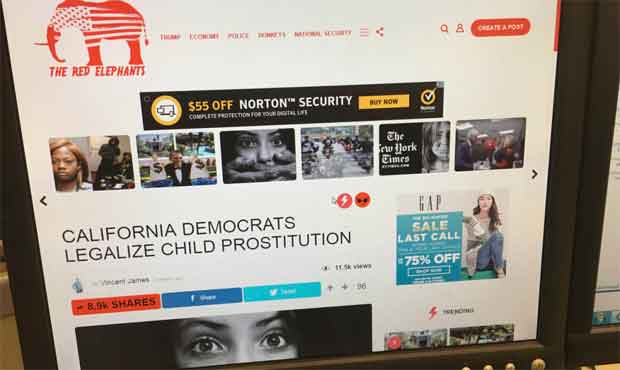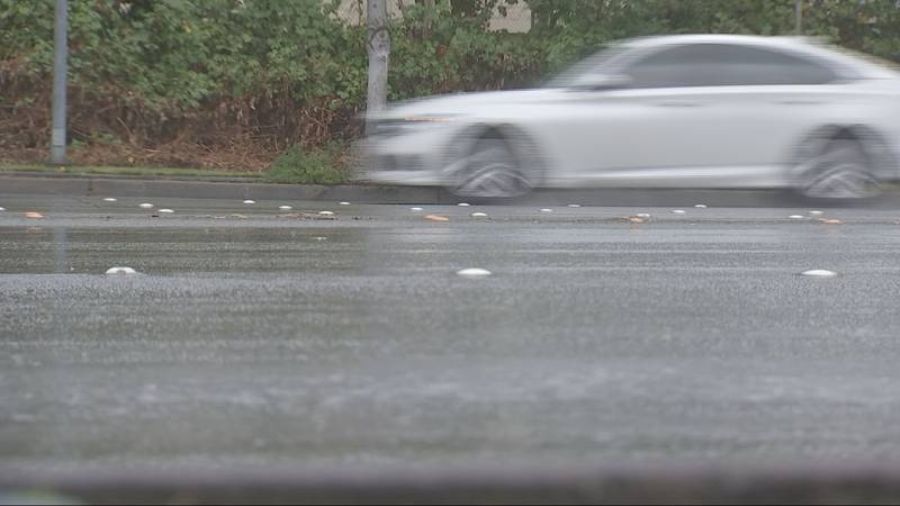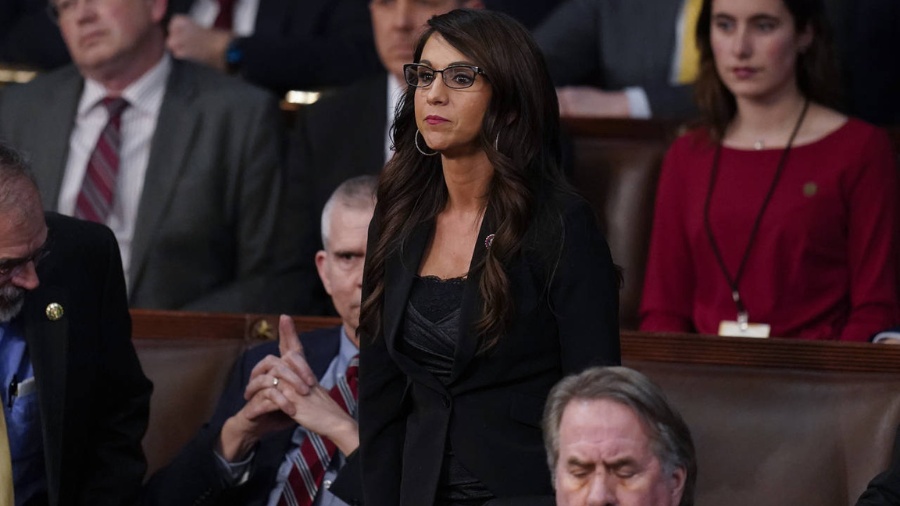UW professor, former Storm player on how lies are spread on social media
Aug 5, 2019, 11:58 AM

A fake news story is positioned near ads from major global corporations on The Red Elephants website. Experts say it’s not so easy for brands to make sure they don’t end up on websites that publish false stories. (The Red Elephants via AP)
(The Red Elephants via AP)
We see it almost every time a major crisis happens: Rumors fly on social media, people begin to Tweet out what they believe are facts, and disinformation spreads. Studying exactly how that happens is University of Washington professor — and former Seattle Storm player — Dr. Kate Starbird.
UW scores $5 million for new center studying fake news
“Social media opens up a lot of different kinds of conversations, where you’re not just talking to one person, you’re not just one person broadcasting to a large number of people,” Starbird told KIRO Radio’s Dave Ross.
Having that wide-reaching platform can be a powerful thing, from the egg profile on Twitter, to the Washington Post. Because of that, it makes everyone vulnerable to being fooled, whether accidentally or as part of a larger strategy to influence the public.
That being so, there’s a marked difference between misinformation and disinformation.
“Rumors are actually unintentional misinformation,” Starbird described. “But when you talk about disinformation, disinformation is intentional.”
That includes concerted, thought-out attempts to spread lies on social media. That can come from virtually anybody, from domestic and foreign actors, to lies being “used by your own government against you.”
“Disinformation erodes our trust and information — it sows doubt, it makes us confused about whether or not we can trust something. It also begins to sow division in society, so it amplifies differences,” she noted.
That’s had Starbird teaching her students at UW about the intricacies of Russian disinformation in America, and how it aims to keep the U.S. divided politically.
When those lies spread, it becomes difficult to find the truth and govern effectively (or in some cases, at all).
“One of the theoretical perspectives we’re working right now on is how Russian disinformation works, what its purposes are — (they’re) really to sort of undermine our common ground, where we can’t come together to agree on what is actually happening. We don’t have a shared understanding, and therefore we can’t actually govern.”
UW officially adopts course fighting fake news
This comes as UW recently scored $5 million for a new center to study fake news and misinformation. The center is set to open in the fall of 2019 at the UW Information School, and its credo is to “resist strategic misinformation, promote an informed society, and strengthen democratic discourse,” according to UW.














